KubeDB Features
KubeDB simplifies Provisioning, Upgrading, Scaling, Volume Expansion, Monitor, Backup, Restore for various Databases in Kubernetes on any Public & Private Cloud
KubeDB simplifies Provisioning, Upgrading, Scaling, Volume Expansion, Monitor, Backup, Restore for various Databases in Kubernetes on any Public & Private Cloud
KubeDB simplifies many of the difficult or tedious management tasks of running a production grade databases on private and public clouds. Maintain one stack for all your stateless and stateful applications and simplify the operational complexity.
See More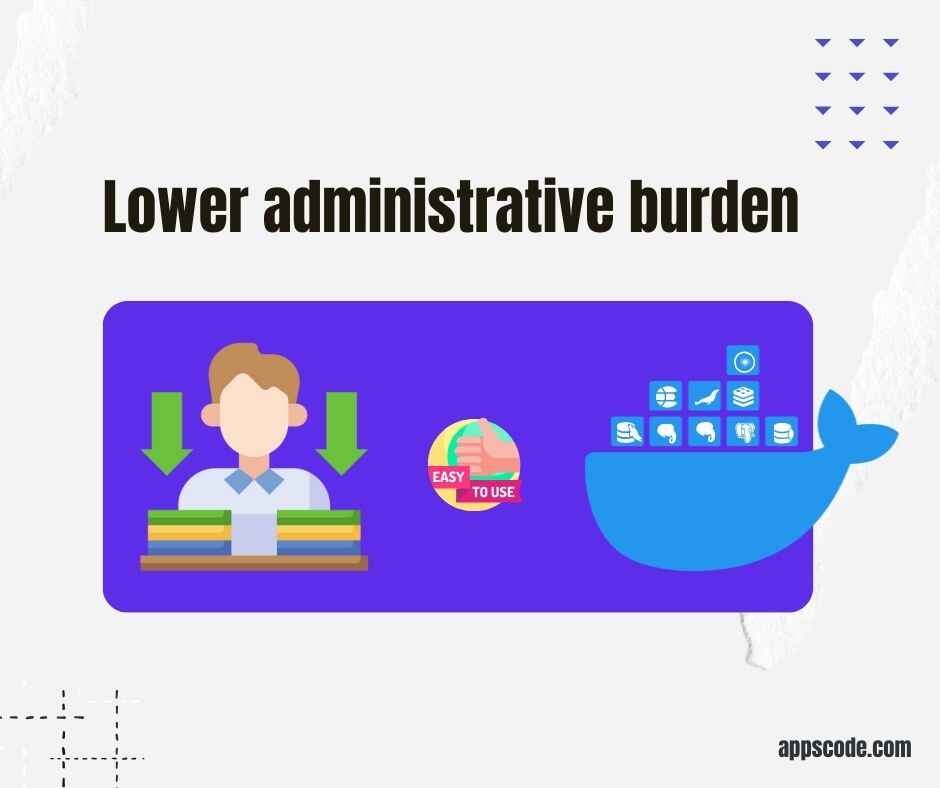
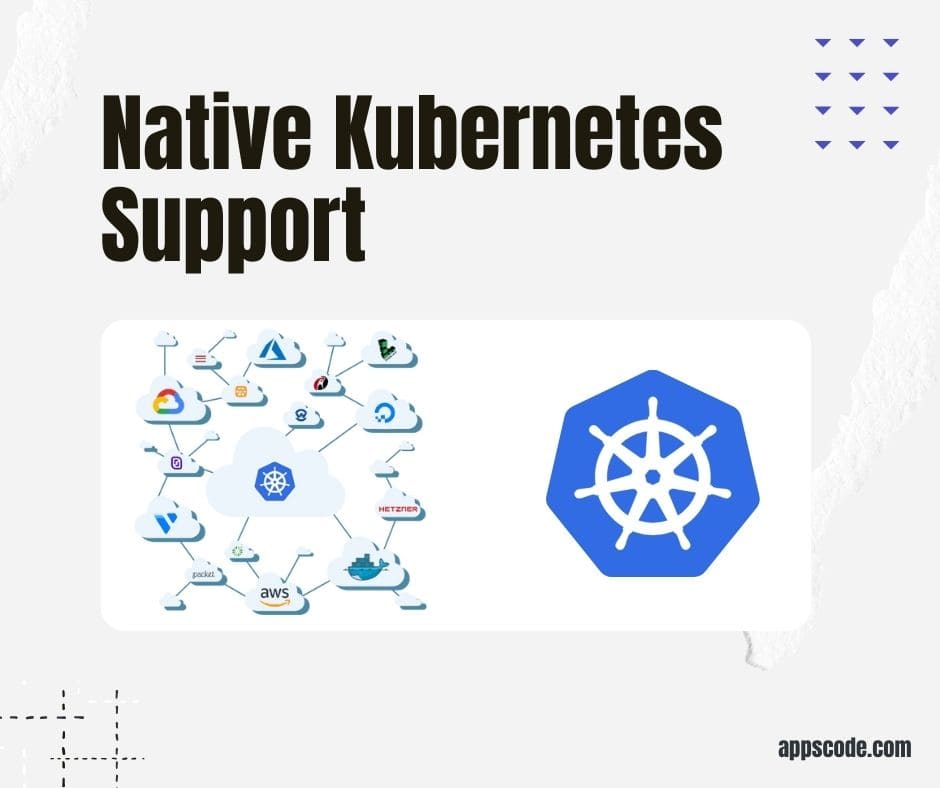
Runs on any Kubernetes distribution including OpenShift, Rancher, VMware Tanzu. If you can run Kubernetes, you can provision and manage databases using KubeDB. Use standard Kubernetes CLI and API to provision and manage databases.
See MoreKubeDB uses Persistent Volume Claims (PVC) to dynamically provision disks for database instances. Using appropriately defined StorageClasses, KubeDB provisioned database instances are designed to scale from small development workloads up to performance-intensive workloads on private and public cloud environments.
See More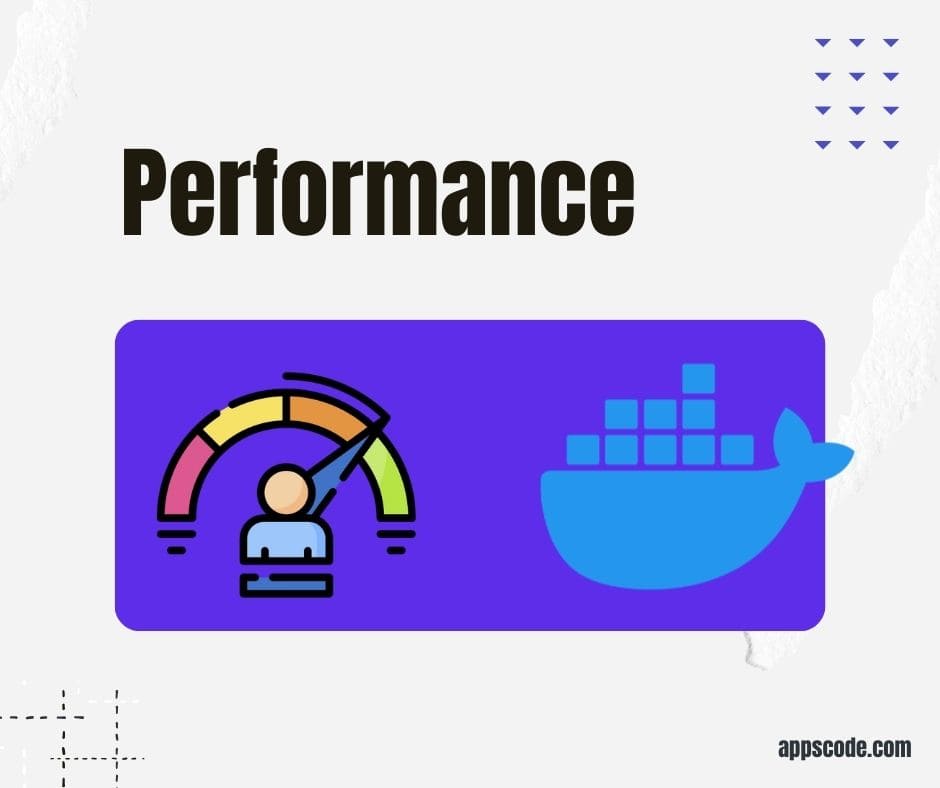
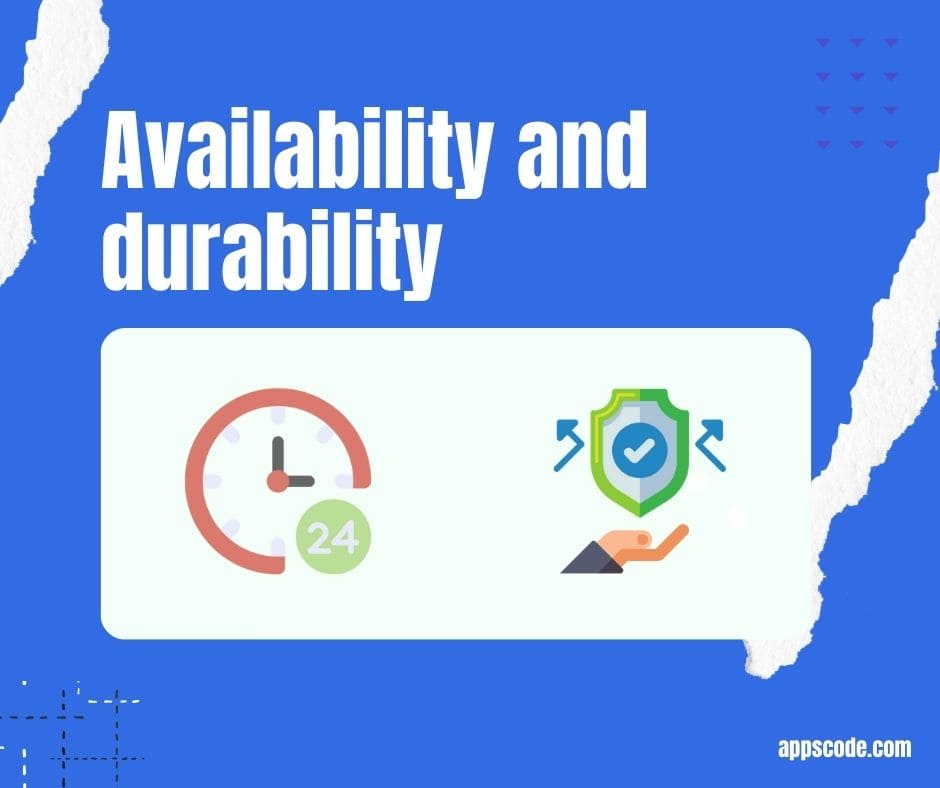
KubeDB will backup your database and transaction logs at a user defined frequency and store both for a user-specified retention period in a cloud object store (S3, GCS, etc.) or local filesystem (like NFS, etc.). You can also initiate one-off backups. KubeDB uses Stash by AppsCode to take deduplicated and encrypted backups so that you only incur the cost of incremental storage use. You can create a new instance from a database snapshots whenever you desire.
See MoreKubeDB comes with native support for monitoring via Prometheus. You can use builtin Prometheus scrapper or CoreOS Prometheus Operator to monitor KubeDB supported databases as well as KubeDB operator itself. You can use the Grafana to view key operational metrics, including compute/memory/storage capacity utilization, I/O activity, and instance connections. You can also use any metrics solutions like Datadog with KubeDB.
See More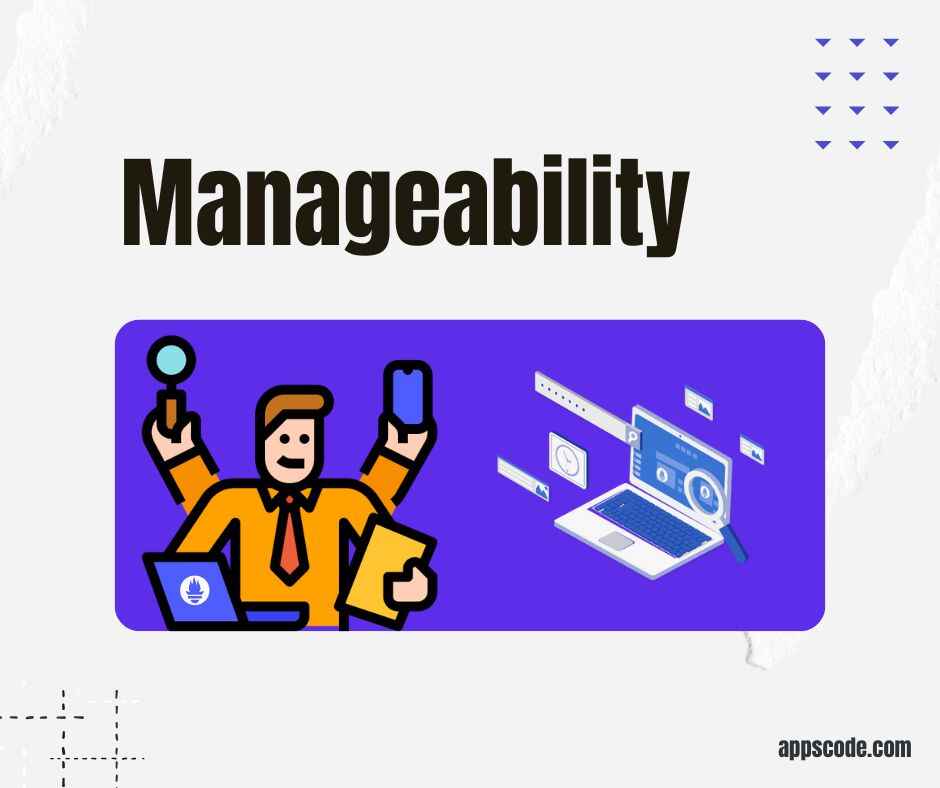
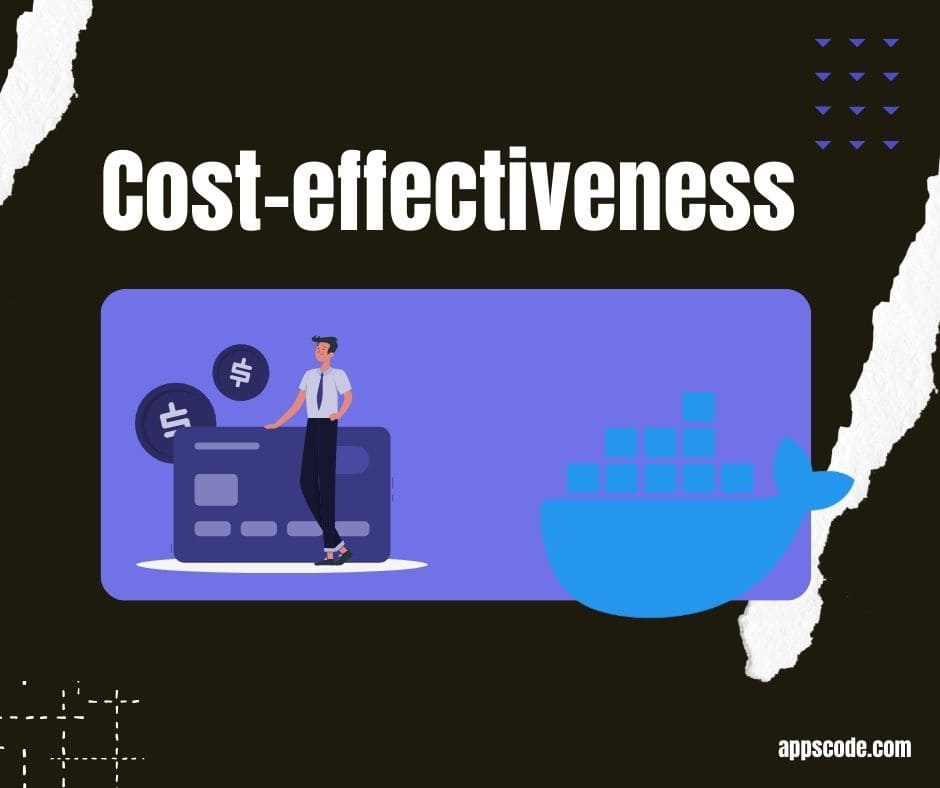
KubeDB is free to try on any Kubernetes distribution. There is no up-front investment required, and you pay only for the resources you use to your infrastructure provider. And, when you’re finished with a database instance, you can easily delete it.
See MoreYou can secure your Databases with TLS using KubeDB. Also, KubeDB allows you to use encrypted storage for your databases using keys you manage through your cloud provider’s key management service.
See More
Trusted by top engineers at the most ambitious companies
InterSystems was delighted to engage with AppsCode in the delicate, yet fundamental task of supporting durable, non-ephemeral workloads with Kubernetes. We needed the best-prepared, most-proficient database operator consulting in the industry. Given AppsCode's pedigree of database building operators, the decision was easy. No time was wasted and all objectives reached in an amazingly short period of time. I would recommend AppsCode consulting for any Kubernetes related work.
Voyager made it simple and efficient for us to protect and initiate our bare metal Kubernetes workload. Its underlying technology and extensive L4 support along with seamless SSL integration is what made us choose Voyager over others. Voyager team is also very responsive when it comes to support. Great product!
Voyager is the easiest way to use the fast and reliable HAProxy as our ingress controller. At PriceHubble, it is the corner-stone of our blue/green deployments.
I work with a few Kubernetes clusters and we use Voyager as our preferred ingress controller. We really like the ease of configuration. Documentation is pretty good. Also the use of HaProxy is important for us because it works really well with both L4 and L7 load balancing. One of our TCP services, Wayk Now, is able to withstand thousands of persistent connections very smoothly at the same time.
We really like using Voyager. Its straightforward and well-documented config and SSL (especially Let's Encrypt) has made our migration of services to Kubernetes a breeze. Each major version has been a very welcome update!
We're using Voyager as part of most Astarte deployments and it's orchestrated also by our brand new Operator. We are glad to showcase that.

Here are a few of the questions we get the most. If you don't see what's on your mind, contact us anytime.
Yes, you can manage as many databases as you want within a single subscription to KubeDB, and there is no extra charge for that!
Yes, of course! KubeDB is platform-independent. You can use KubeDB in any cloud or on-premises.
KubeDB is running in production by multiple Governments and large organizations. Your data is always safe within KubeDB.
We offer 24x7 technical system and maintain SLA to provide 100% reliability to our customers.
Yes, Stash is seemingly integrated with KubeDB. There is no extra charge for using Stash. It is complimentary with KubeDB.
Of course! We offer a 30 days license free of cost to try fully featured KubeDB.
There is no cancellation fee. But plans are subject to minimum duration (1 year) as stated above.
We prefer ACH transfer for US based customers and international wire transfer for everyone else. We can also accept all popular credit/debit cards such as Visa, Mastercard, American Express, Discover, etc.
Yes! For ACH transfer and wire transfer you work with your bank for payment. Our credit card processing is powerd by Stripe. You credit card data never touches our servers. For more information, please visit stripe.com.
KubeDB is FREE to use on any supported Kubernetes engines. You can deploy and manage your database in Kubernetes using KubeDB. There is no up-front investment required. We offer a 30 days license FREE of cost to try KubeDB.